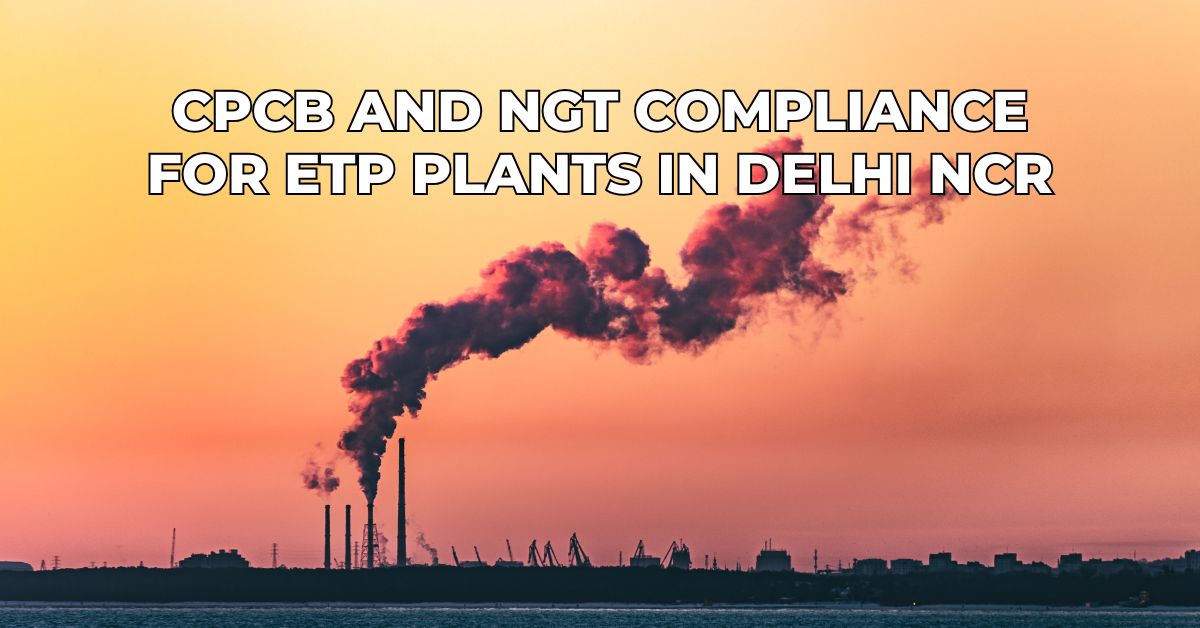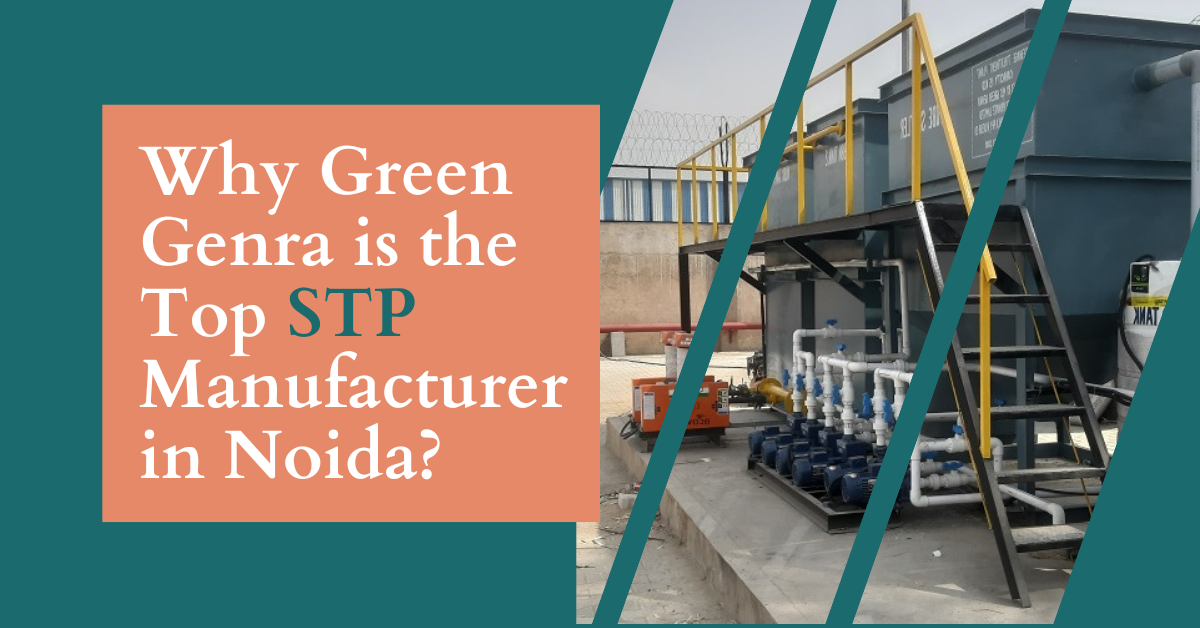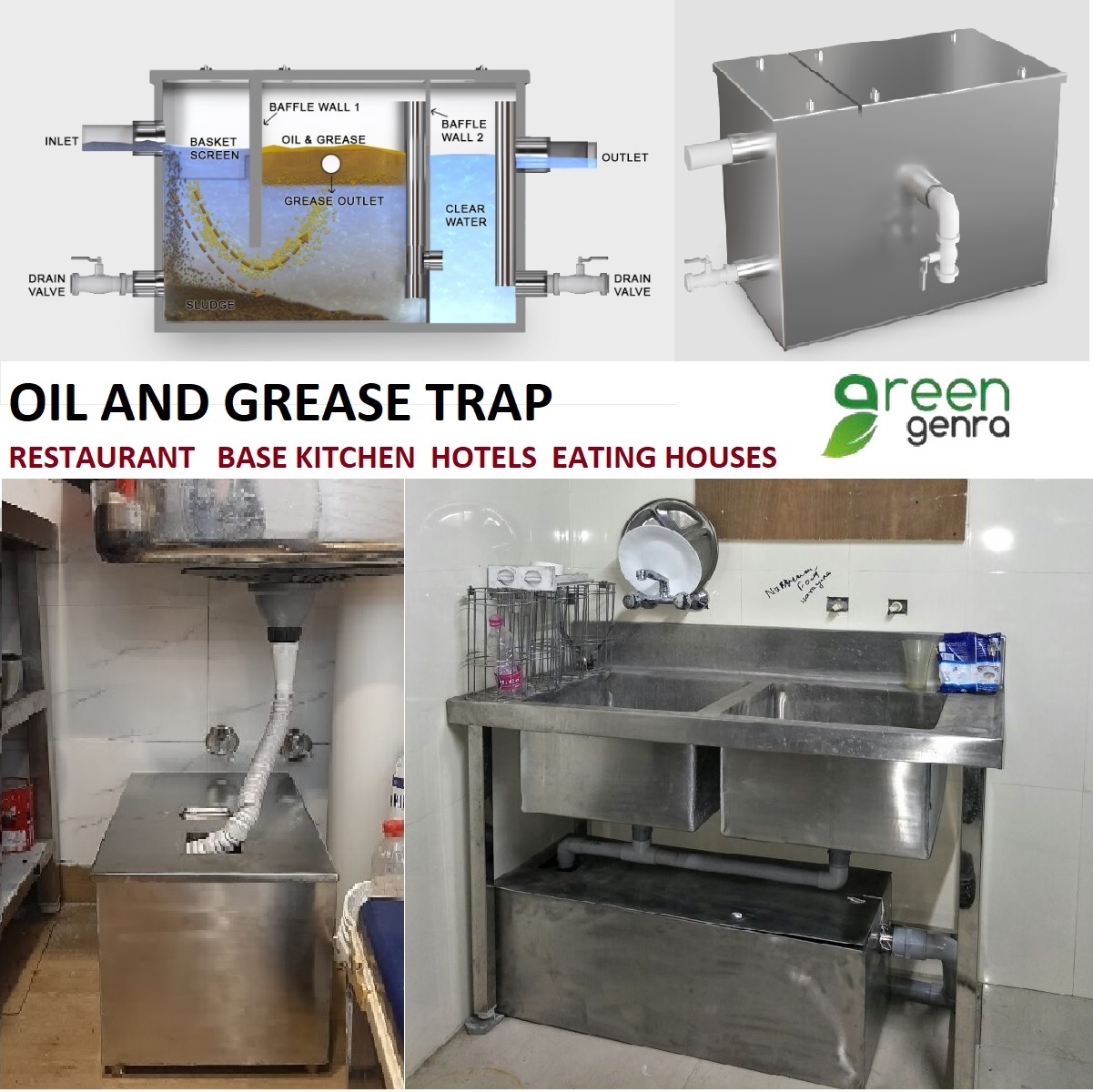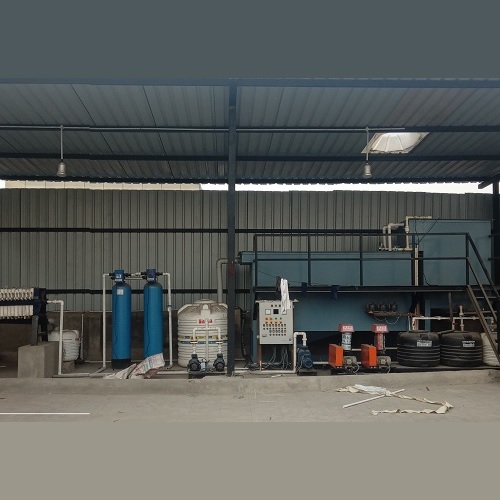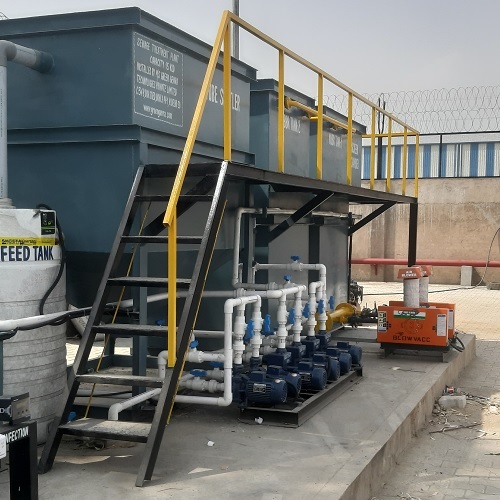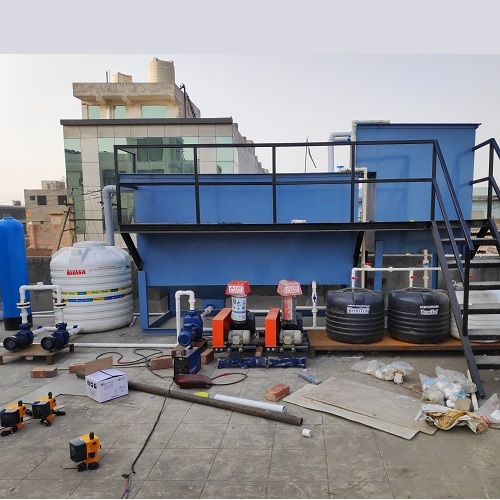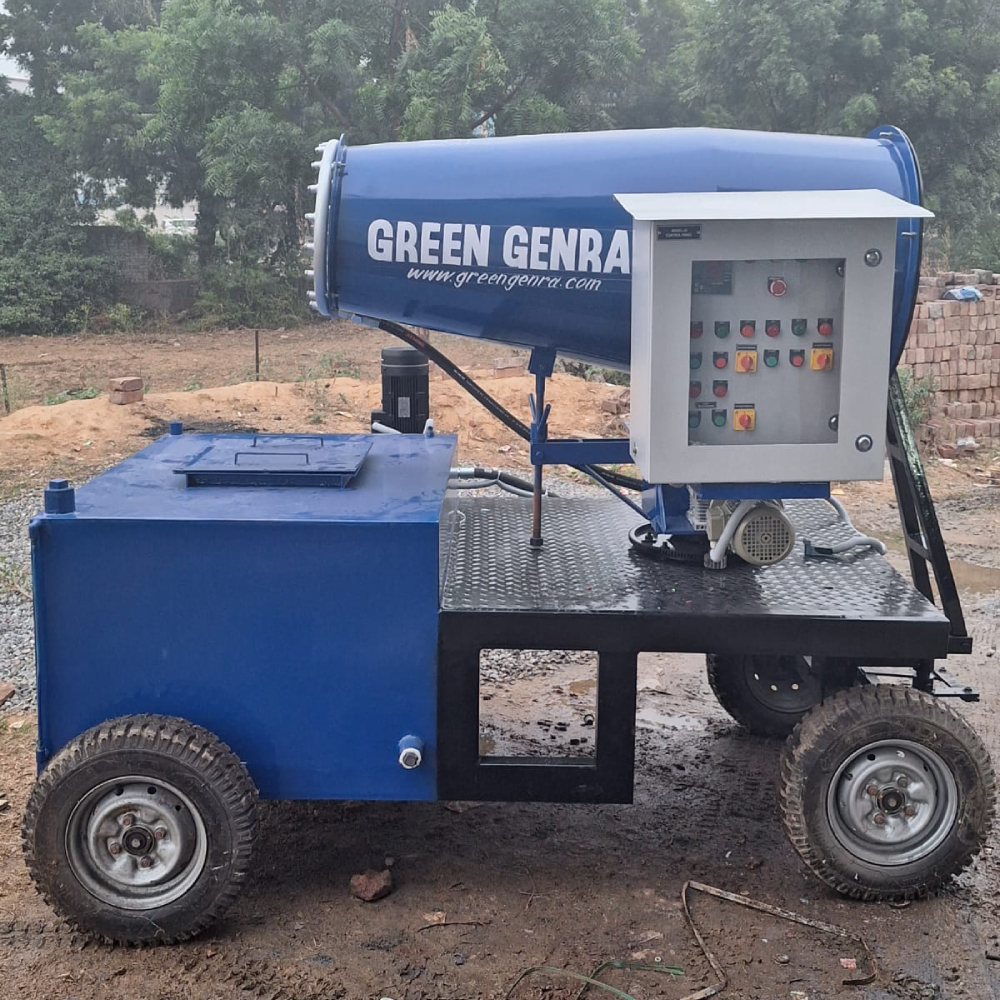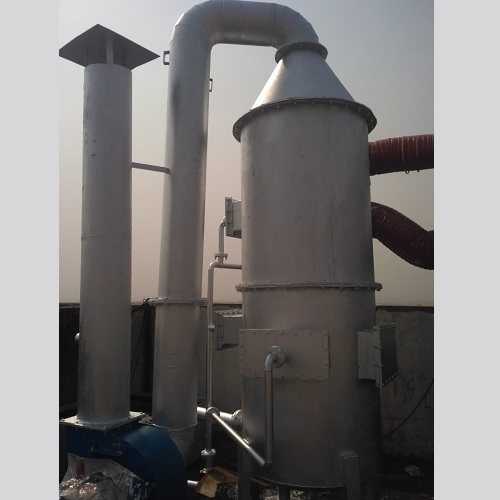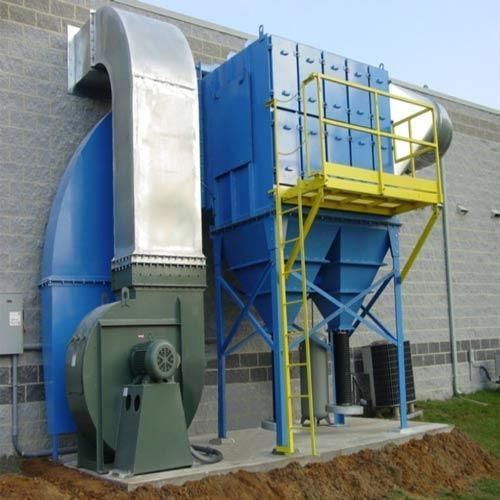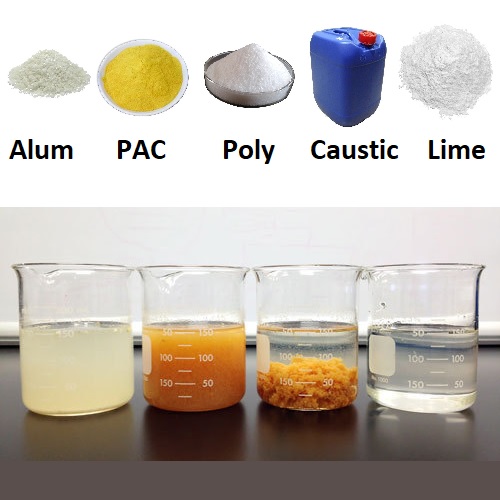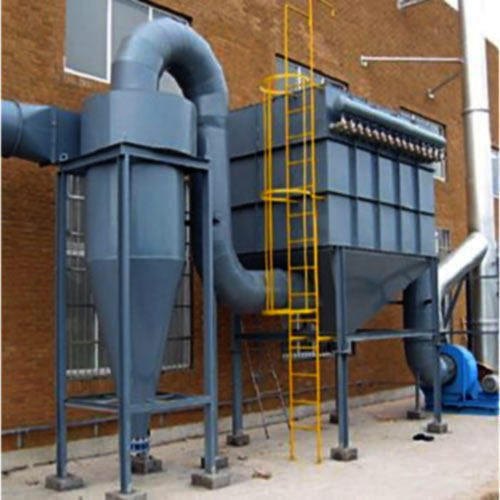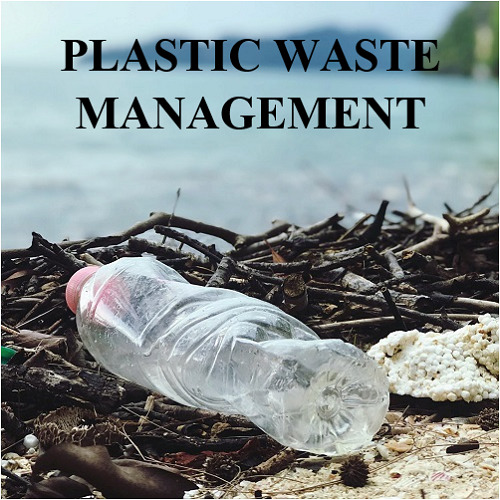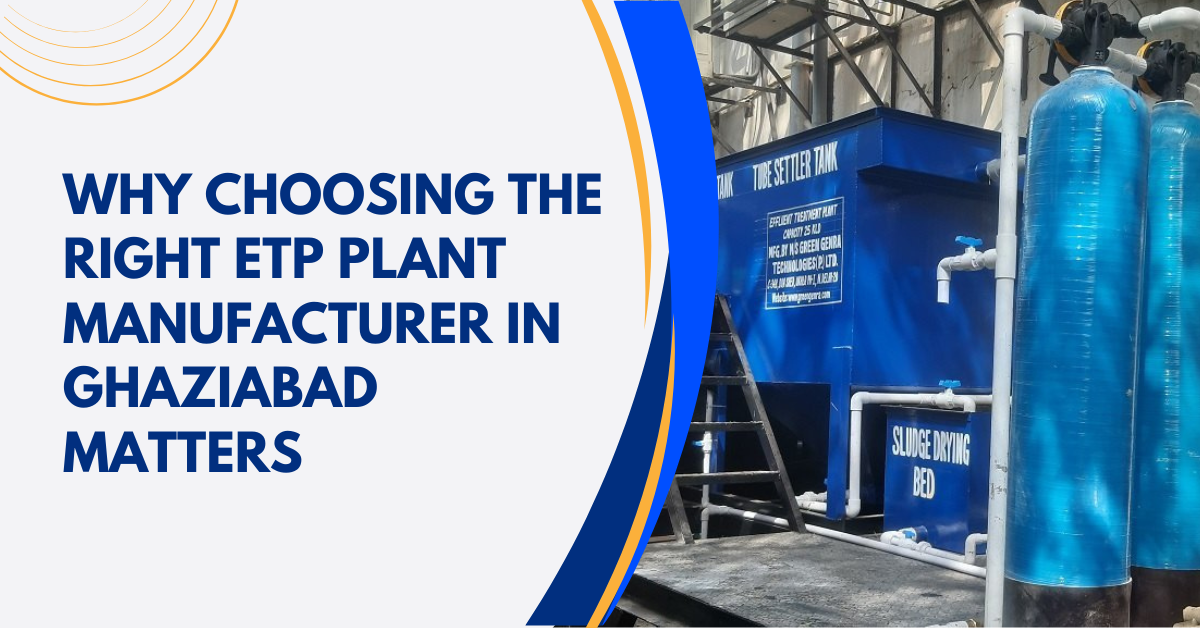Water Expo 2025 in New Delhi 28-30 August 2025 | Pragati Maidan, New Delhi India 20th Everything About Water Expo 2025 ...
The role of EPR certificate in Managing E-Waste
Electronic waste has become a significant environment concern. India is the fastest growing economy with a massive consumer base for electronic products faces challenge to manage e-waste.
Here comes the need for EPR certificate E-Waste. The Extended Producer Responsibility certificate mandates producers to manage the lifecycle of their electronic products including collection and recycling of e-waste.
Register for E-Waste EPR to ensure producers establish proper disposal and recycling systems, promoting environmentally sound practices. This regulatory measure aims to minimize e-waste and encourage sustainable product design.
What is the importance of EPR Certificate for Electronic Waste?
EPR Certificate E-Waste is an environmental policy where producers are given significant responsibility for treatment or disposal of post-consumer products in India. The certificate is a compliance document that certifies that a producer has met required standards for managing e-waste. The producers are required to set up e-waste collection systems, ensure environmentally sound recycling practices and create consumer awareness about the proper disposal methods of e-waste.
What is the impact of EPR certificate on E-waste management?
- Accountability: The EPR certificate on E-waste makes producers accountable for management of electronic waste. This incentivizes them to design products that are easy to recycle and have long life span. This approach minimizes volume of e-waste and promotes sustainable product design.
- Recycling facilities: EPR certificate mandates producers to establish collection points and recycling facilities. The informal e-waste recycling practices are not organized and cause harm to the environment and human health. EPR formalize the e-waste sector ensuring safer and more efficient recycling processes.
- Consumer awareness: One of the significant challenges in E-waste management the consumers lack awareness. The EPR certificate for E-waste mandates producers to educate consumers about the importance of proper e-waste disposal and available recycling options. When consumers are aware of the disposal methods they participate in huge numbers in e-waste collection programs improving overall management.
- Monitoring: EPR certificate is not just one time compliance requirement but it involves continuous monitoring and reporting. Producers are required to submit reports on quantity of e-waste collected and recycled. This ongoing compliance ensures that producers remain engaged in responsible e-waste management practices.
What are the challenges in EPR certificate for E-waste?
EPR certificate is an informed step in the right direction. However there are certain challenges in its implementation. One such challenge is the integration of informal sector into formal sector that handles a significant portion of e-waste.
Also, it is important to strictly enforce EPR regulations and penalties for non-compliance to ensure the effectiveness of the framework.
The EPR certificate plays a significant role in managing e-waste in India. It assigns the responsibility to producers, encouraging eco-friendly product design and ensuring the establishment of proper recycling infrastructure.
FAQs
1. What is EPR certificate for E-waste?
EPR certificate for E-waste mandates producers to manage the entire lifecycle of their electronic products, including proper disposal and recycling of electronic waste.
2. What is the benefit of EPR certificate of E-waste?
EPR certificate ensures responsible disposal and recycling, promoting environmental sustainability and minimizing e-waste pollution.
3. What is the main challenge in the implementation of EPR certificate for E-waste?
The main challenge in implementing EPR certificate for e-waste in India is integrating the informal recycling sector into the formal system.

































Effluent Treatment Plant (ETP) from reliable ETP Plant Manufacturers play a key role in reducing industrial pollution by trea...
With the increasing levels of water contamination in Ghaziabad because of growing industries and a growing population, wastew...
Green Genre is one of the best STP manufacturers in Noida that designs, produces and installs sewage treatment plants in vari...
Effluent Treatment Plants or ETPs are important for industries in Ghaziabad to ensure environmental compliance ensuring effec...
An effluent Treatment Plant or ETP is a crucial investment for industries seeking to manage wastewater according to environm...
ETP or the Effluent Treatment Plant is designed to treat industrial wastewater by removing harmful chemicals, contaminants an...

